Automated Farm Management is the Smarter Way to Boost Efficiency
The Scientific Revolution in Agriculture
Imagine an intricate symphony where science, technology, and innovation compose the perfect harmony for modern agriculture. The baton leading this orchestra? Artificial Intelligence. In the realm of large-scale agricultural operations, AI is no longer just a tool; it’s a revolutionary paradigm shift. It transforms the complex science of farm management into a seamless, precise, and extraordinarily efficient process.
AI: The Scientist’s Blueprint for Precision
AI is not merely a machine performing tasks—it embodies the principles of scientific inquiry. By analyzing massive datasets, identifying patterns, and making predictive models, AI operates as the ultimate scientific mind, optimizing decisions across thousands of interconnected farms.
For instance, algorithms simulate millions of permutations to recommend optimal planting schedules, water usage strategies, or pest control interventions. This is not guesswork; it’s a methodical application of data-driven science, refining agricultural processes down to the molecular level.
- Remote Sensing Meets Machine Learning: Satellite imagery provides vast amounts of data. AI dissects this information, correlating it with weather models, soil chemistry, and crop phenology to deliver precise prescriptions for action.
- Real-Time Data Analysis: AI systems operate in real-time, acting as vigilant scientists that continuously adjust hypotheses based on evolving conditions like rainfall, temperature shifts, or market dynamics.
Turning Complexity into Clarity
For centuries, agriculture has been a balance of art and science, requiring both intuition and empirical knowledge. But managing thousands of farms in today’s era demands a level of precision that intuition alone cannot provide. AI excels by converting intricate variables—soil variability, microclimate differences, and crop responses—into actionable insights.
Consider the sheer complexity of allocating resources across multiple farms. Without AI, this process resembles solving an unsolvable equation. With AI, it’s as if a scientist has simplified the calculus into a crystal-clear solution:
- Resource Allocation: AI calculates the exact amount of water, fertilizer, and other inputs each field requires, reducing waste and maximizing efficiency.
- Pest and Disease Predictions: Sophisticated models predict outbreaks before they occur, offering a scientific advantage in mitigation strategies.
This systematic approach reduces human error and ensures that every decision is rooted in empirical evidence rather than estimation.
Automation: The Research Lab at Scale
AI doesn’t just analyze data—it implements solutions autonomously. Picture an experimental laboratory scaled up to thousands of hectares. Sensors, autonomous tractors, and irrigation systems act as the “hands” of AI, executing the strategies devised by its “mind.”
- Autonomous Equipment: Tractors equipped with GPS and AI-guided systems plant, till, and harvest with microscopic precision, ensuring uniformity across vast landscapes.
- Smart Irrigation Systems: AI-controlled systems respond to real-time weather and soil moisture data, ensuring water is delivered only where and when it is needed.
This synergy between AI and automation mirrors a scientific process on a massive scale: hypothesis, testing, and implementation—all executed with unparalleled precision.
A Sustainable Leap Forward
The integration of AI in agriculture isn’t just about maximizing yields—it’s a commitment to sustainability. By employing rigorous scientific methodologies, AI minimizes resource consumption and environmental impact.
- Carbon Footprint Reduction: Precision in input application reduces excess use of fertilizers and chemicals, cutting down greenhouse gas emissions.
- Soil Health Preservation: AI-guided practices ensure balanced crop rotations and optimized tillage, preventing soil degradation and enhancing long-term fertility.
Such advancements align with global sustainability goals, transforming agriculture into a model for environmental stewardship.
The Scientist’s Legacy in Agriculture
Artificial intelligence in agriculture is, at its core, the embodiment of scientific legacy. It channels centuries of agricultural research, distills it into algorithms, and scales it to unprecedented levels. The field of farm management, long constrained by manual oversight, is now redefined by this confluence of data science, machine learning, and automation.
This isn’t just a technological revolution—it’s the dawn of agriculture as a scientific frontier. It’s an era where decisions are informed by evidence, operations are optimized through innovation, and farming becomes a masterclass in precision.
AI doesn’t merely take the wheel; it reconstructs the road, ensuring that every turn, every field, and every yield is meticulously aligned with the principles of scientific advancement. Welcome to a future where farm management is not just efficient—it’s an exact science.


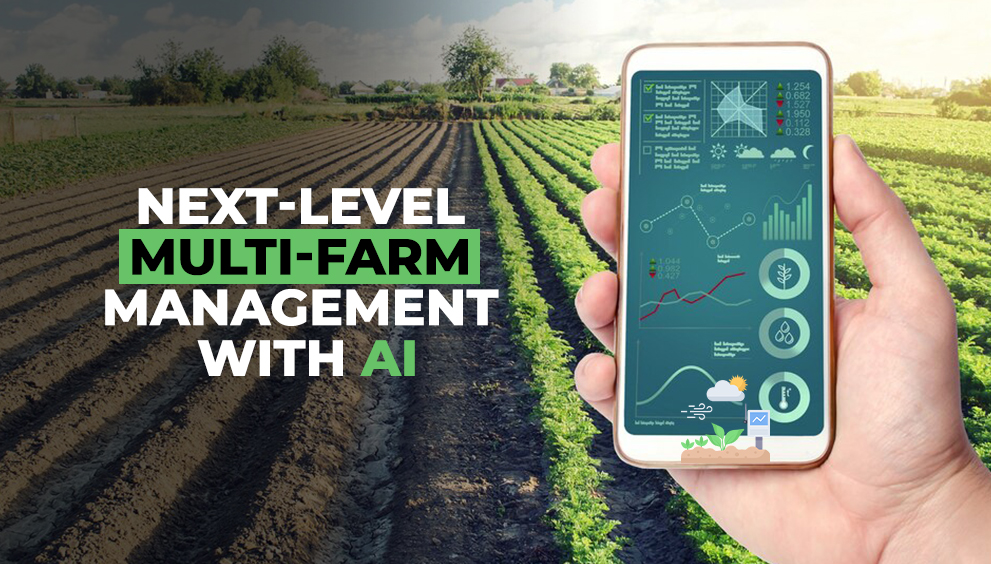
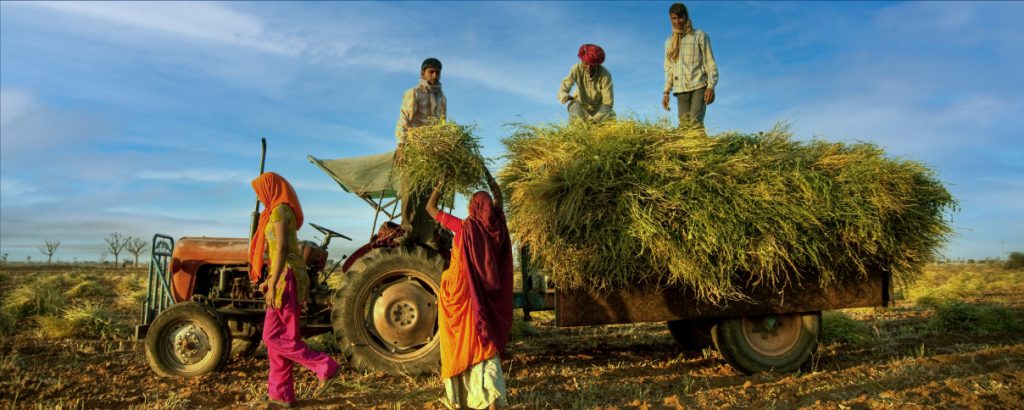
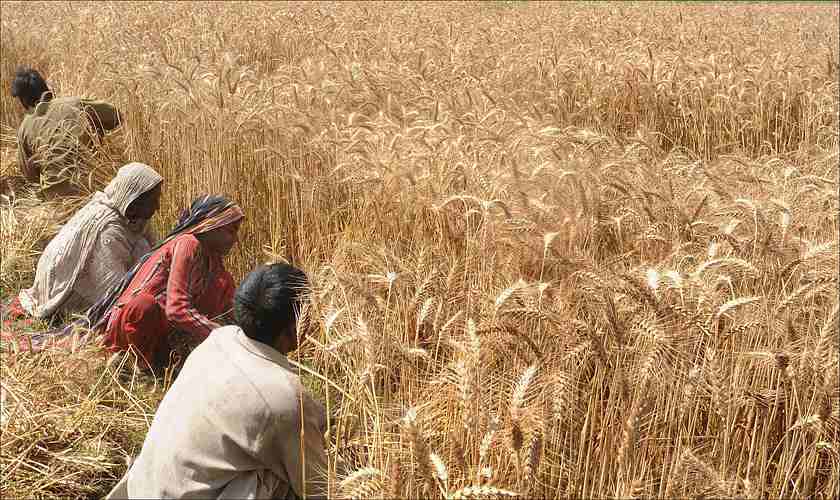
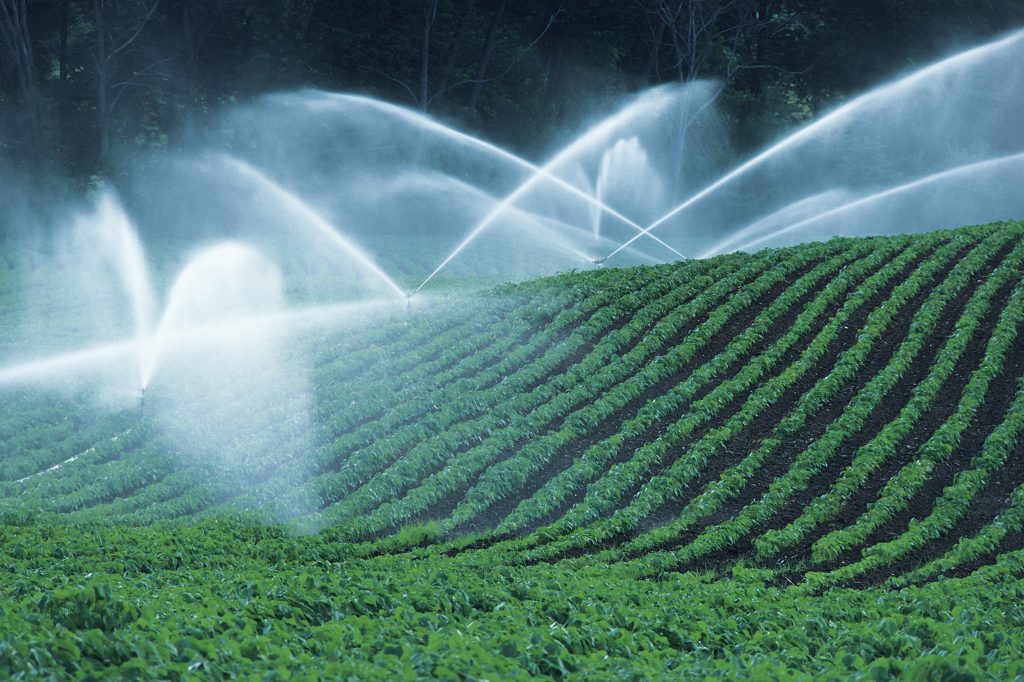
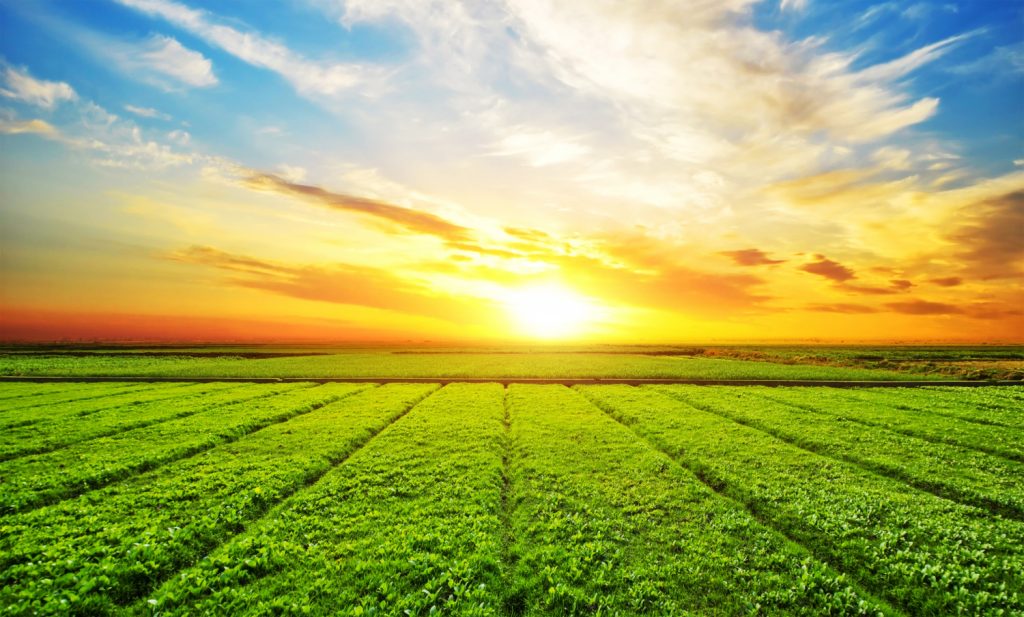
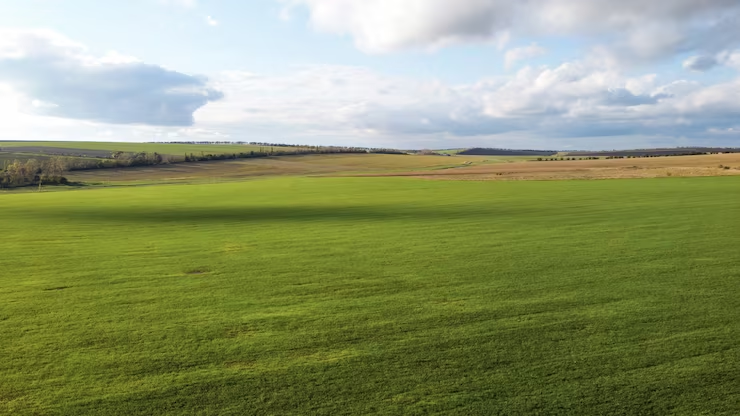
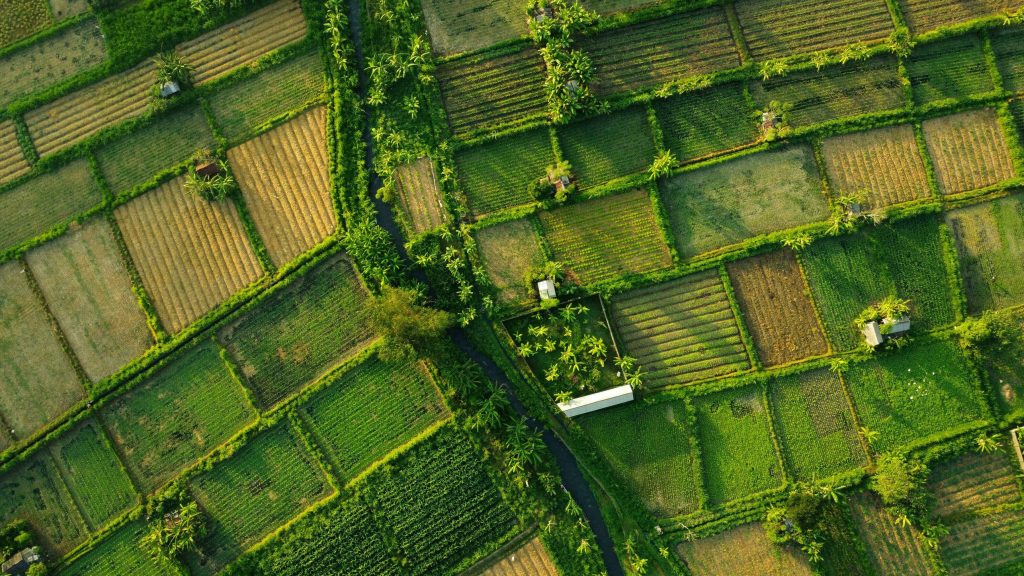
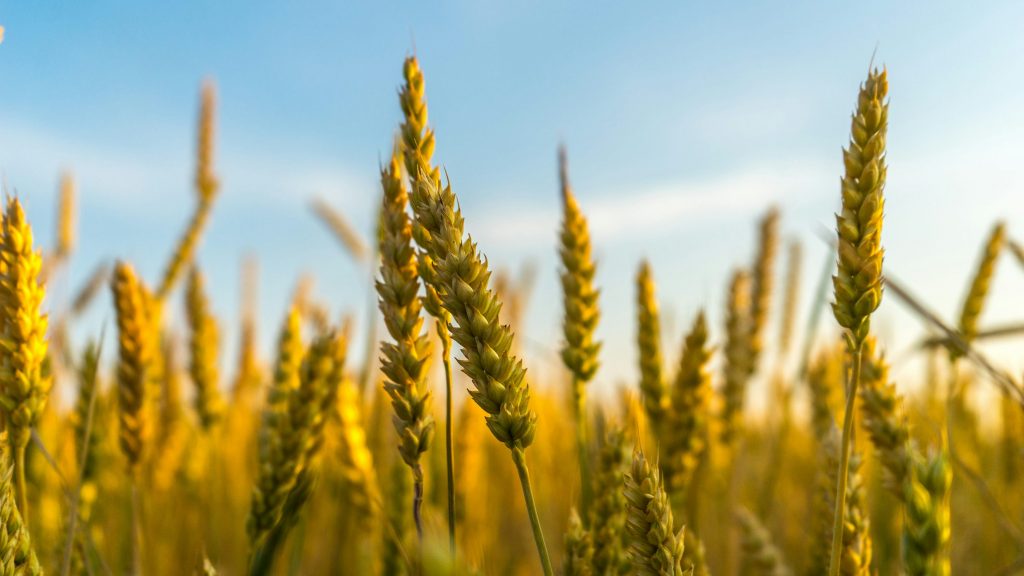
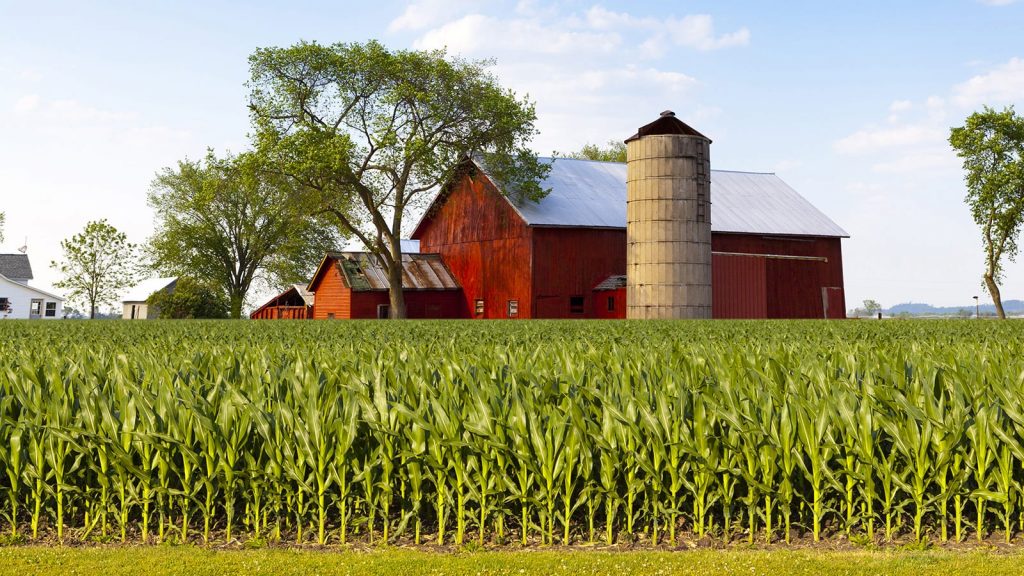
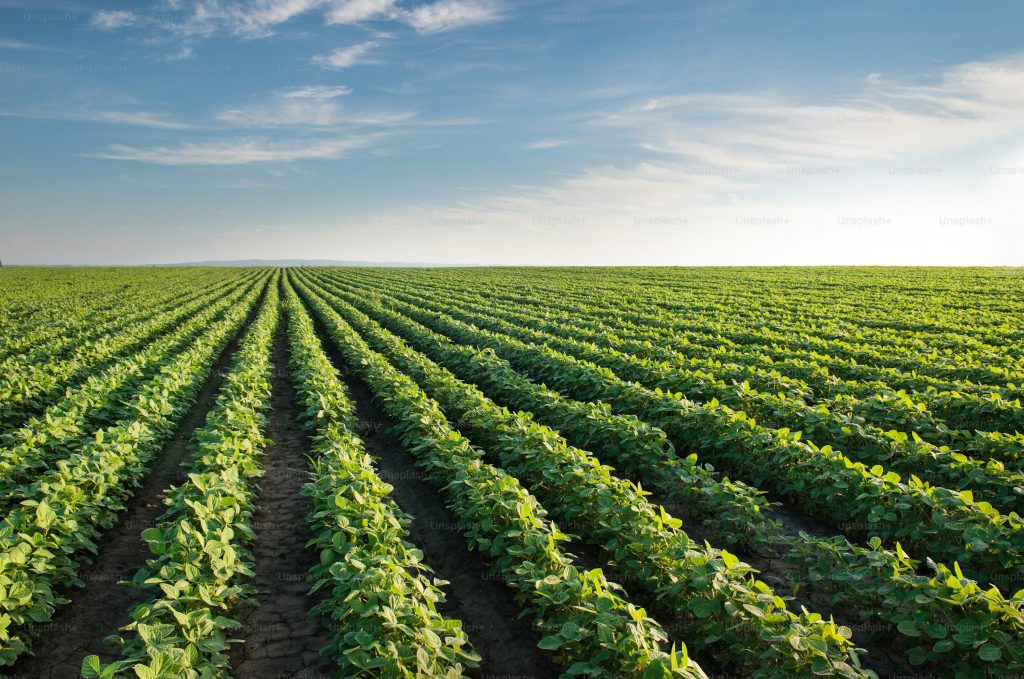


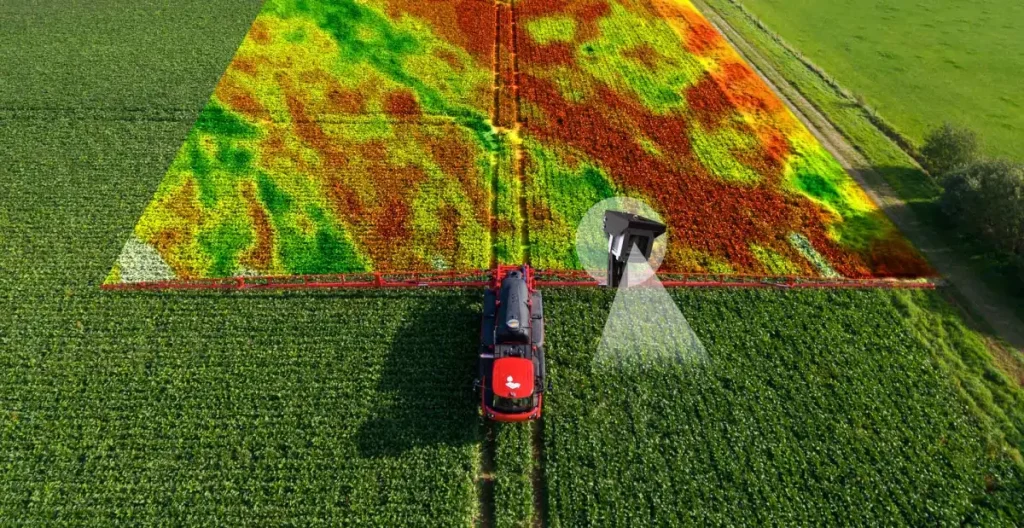
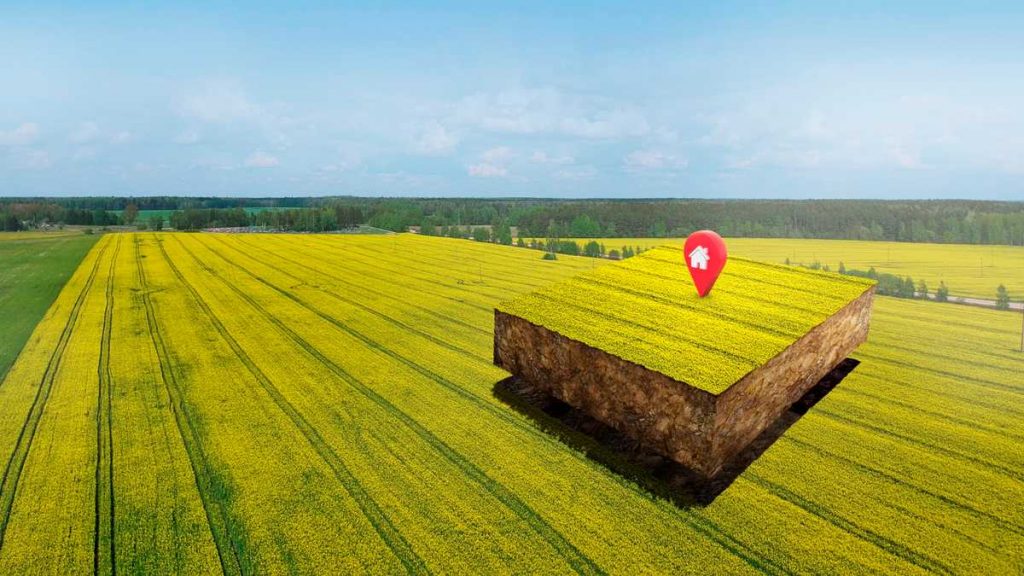
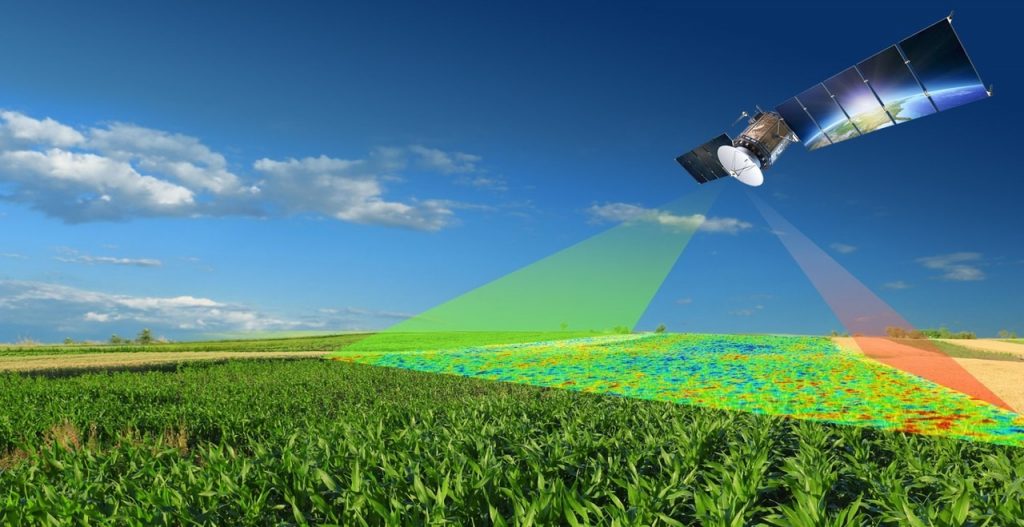
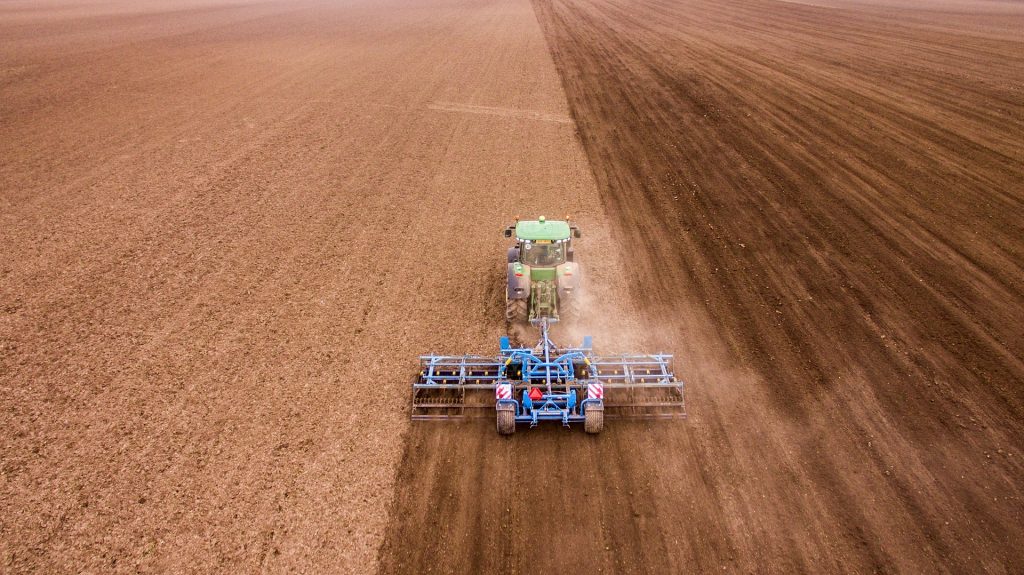
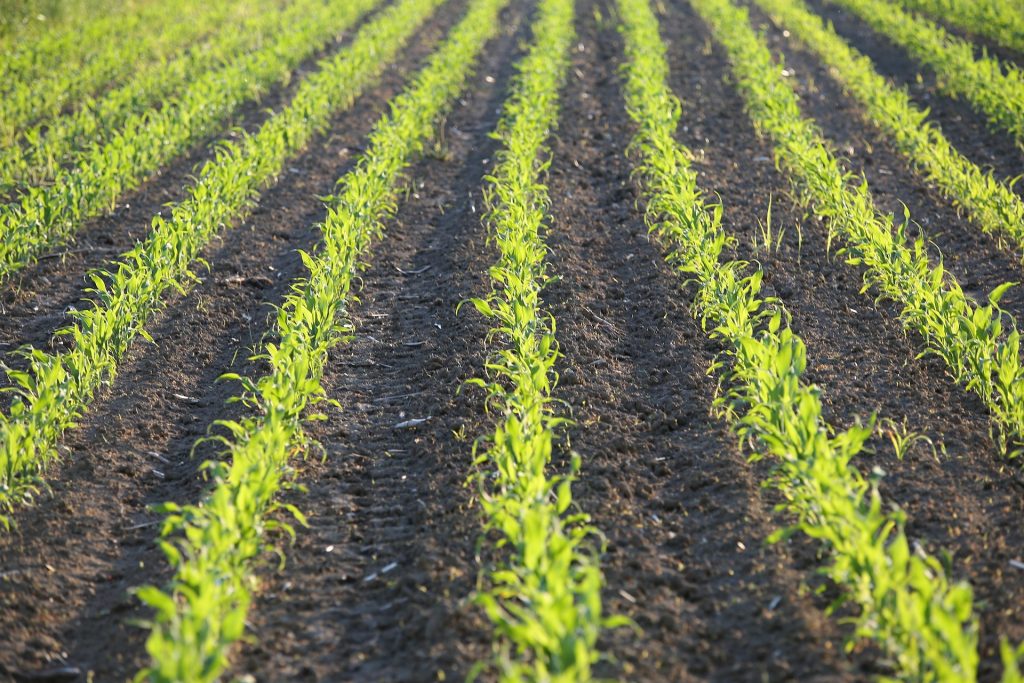
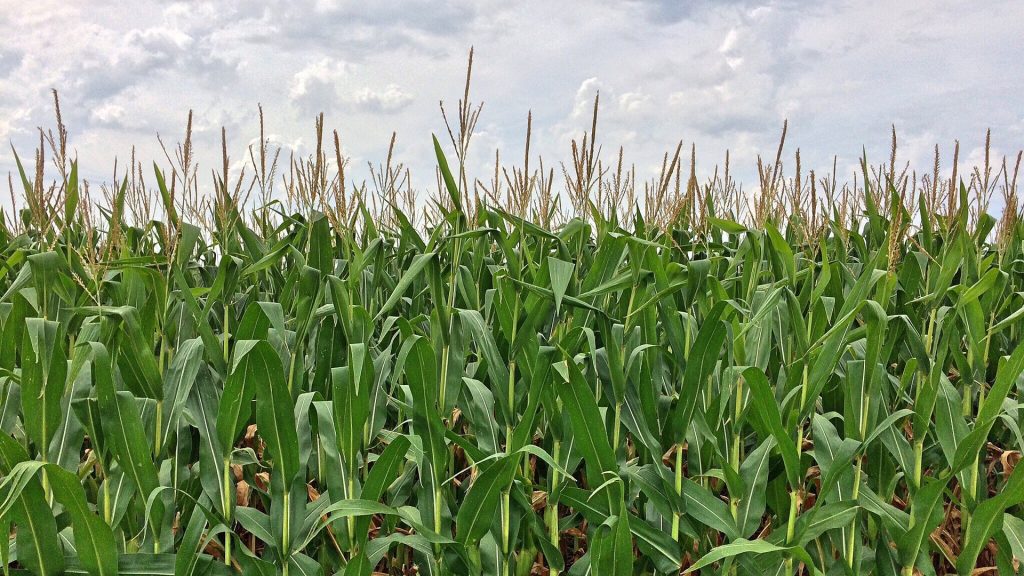
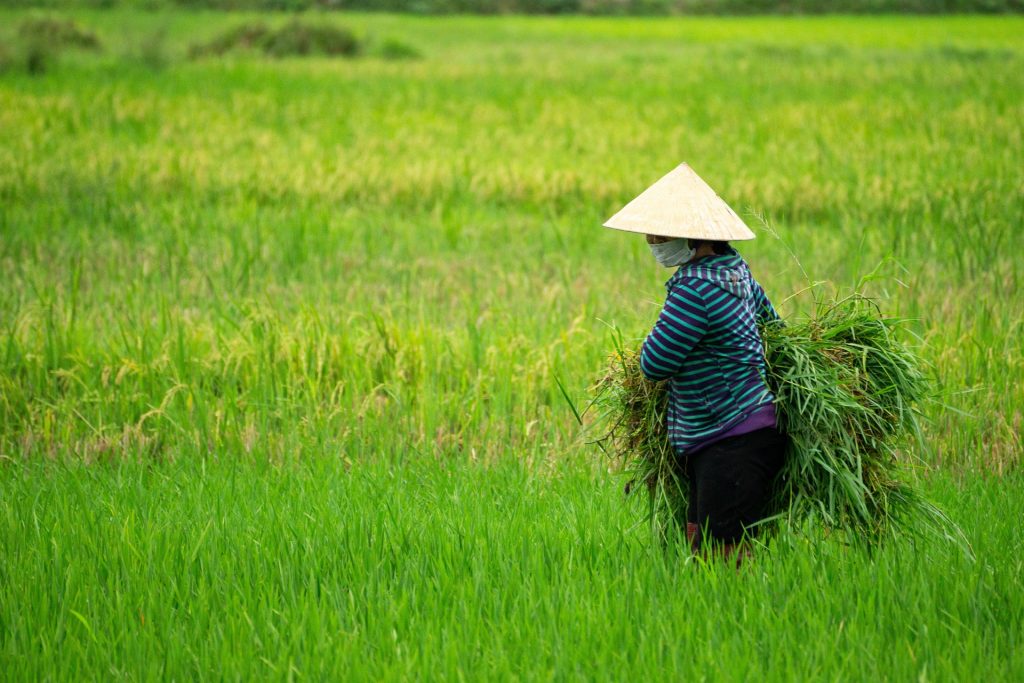

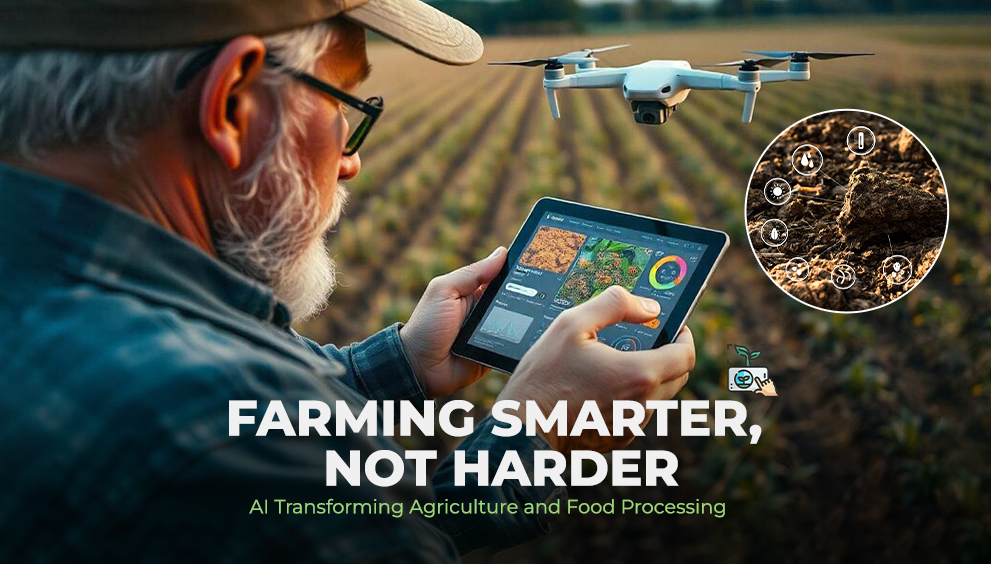
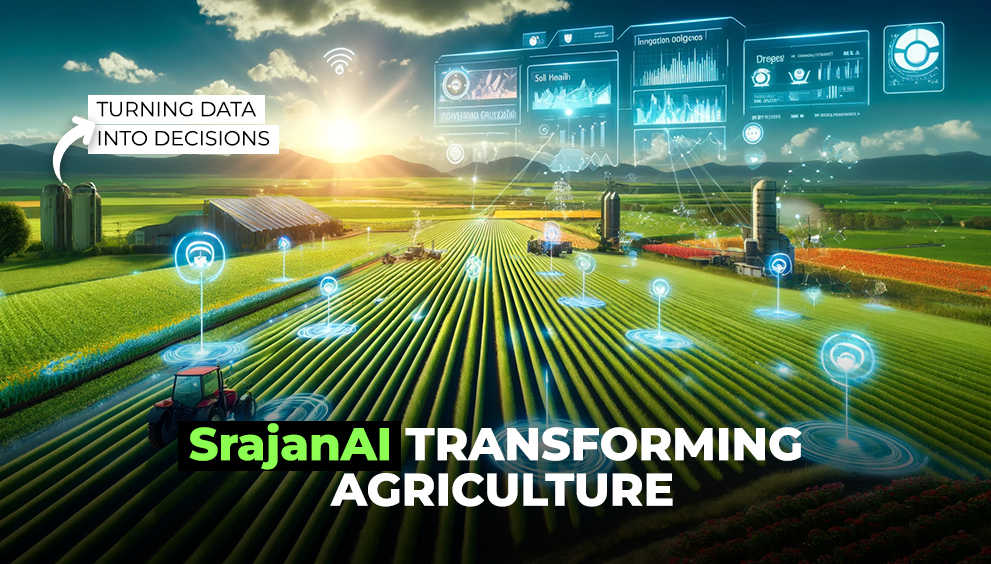
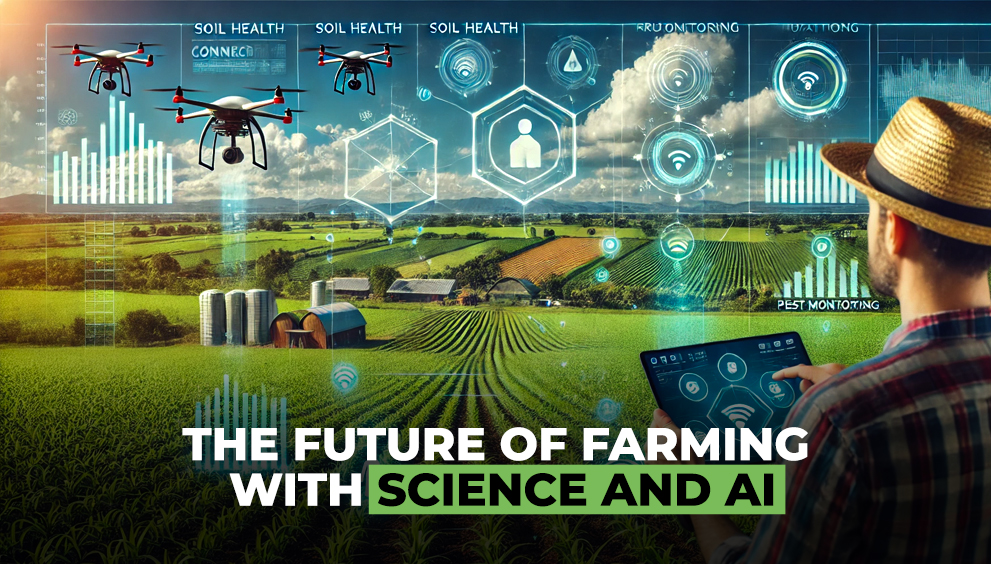
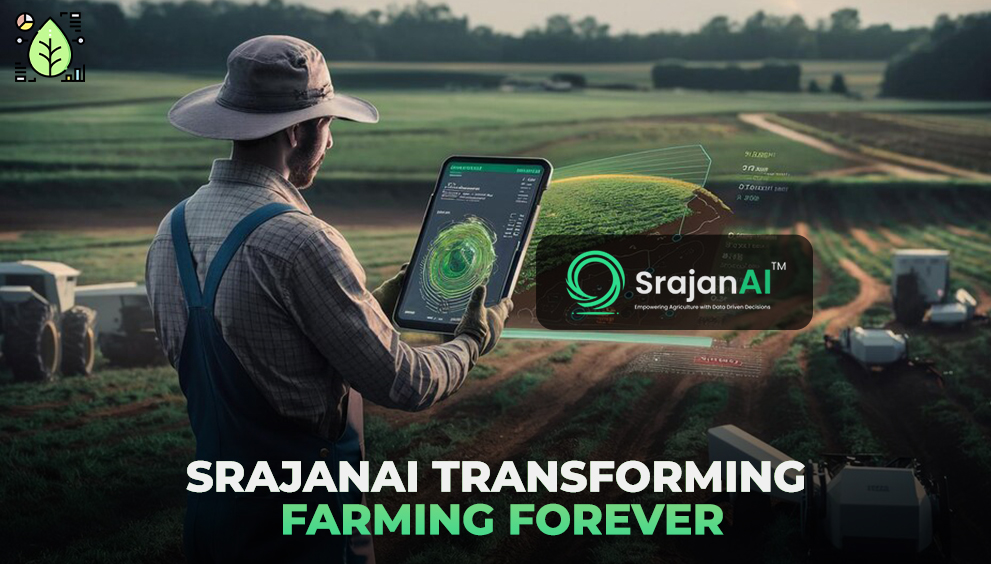
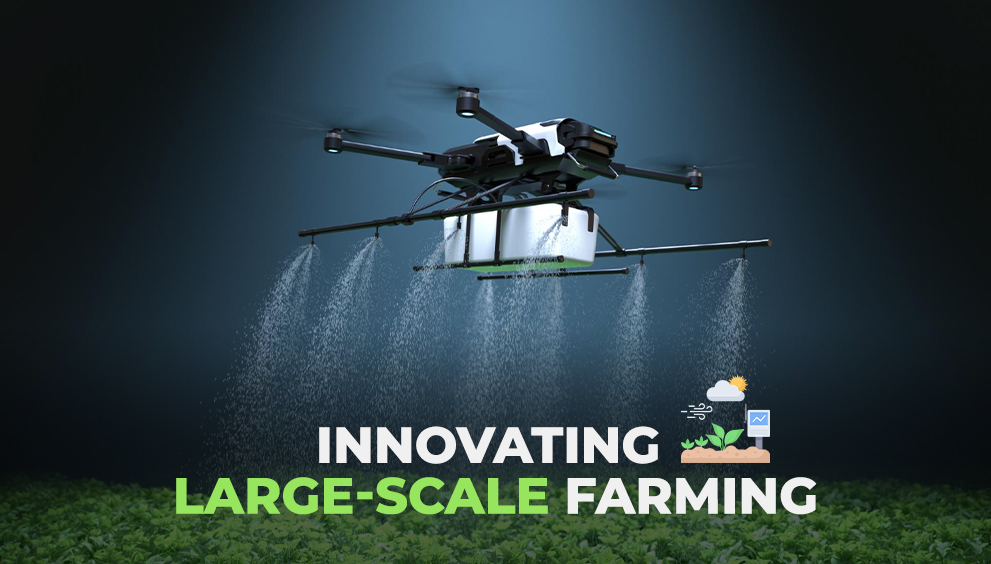
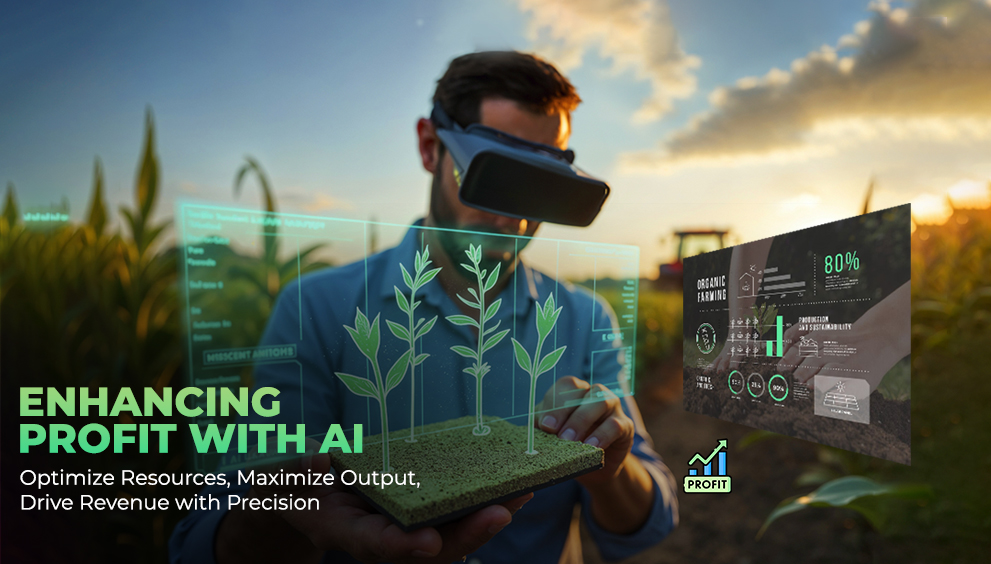

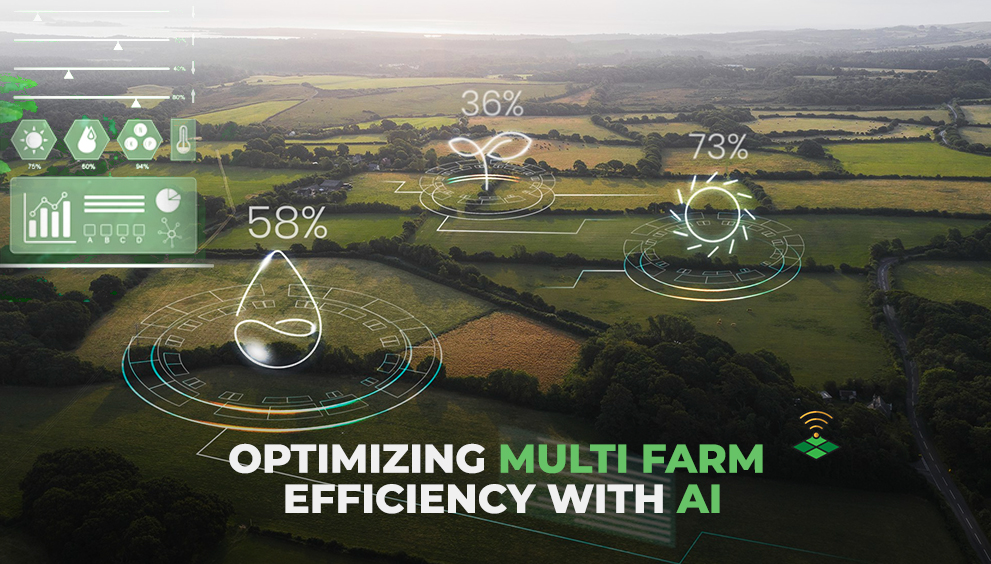
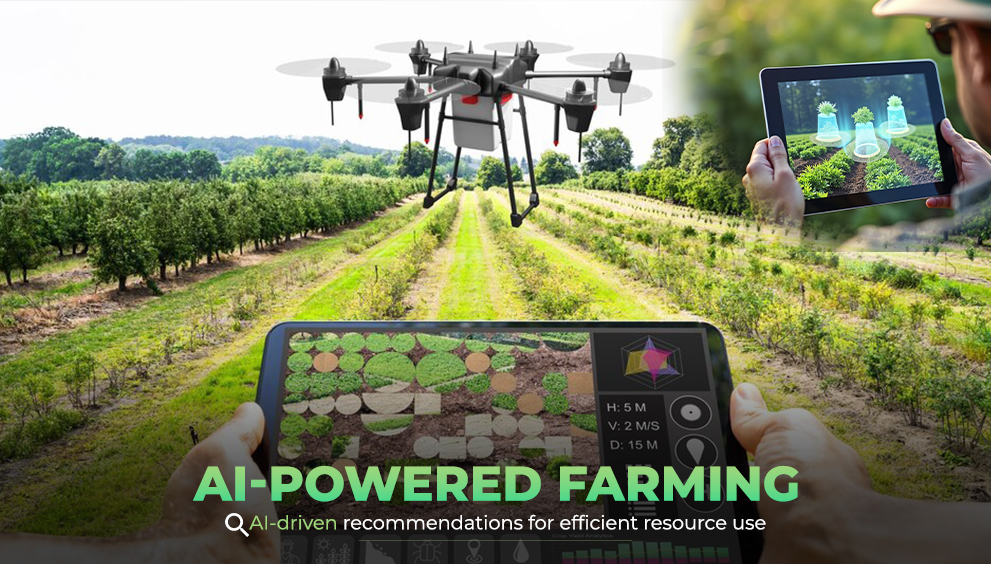
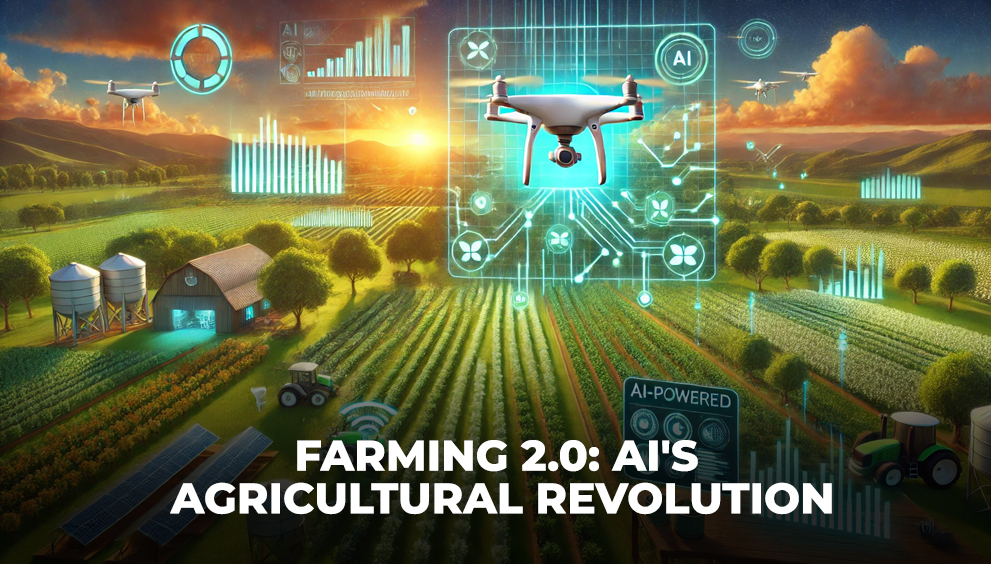
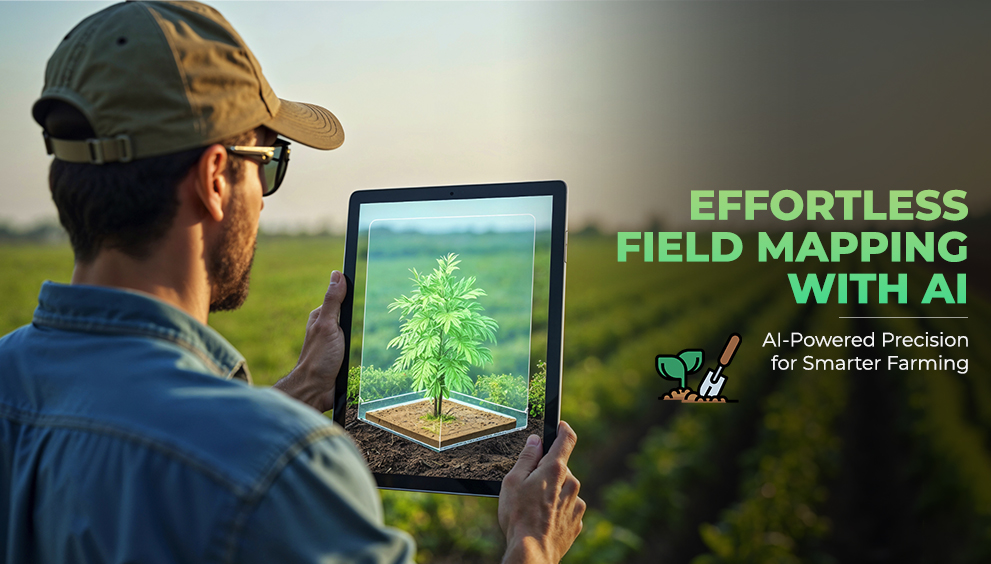
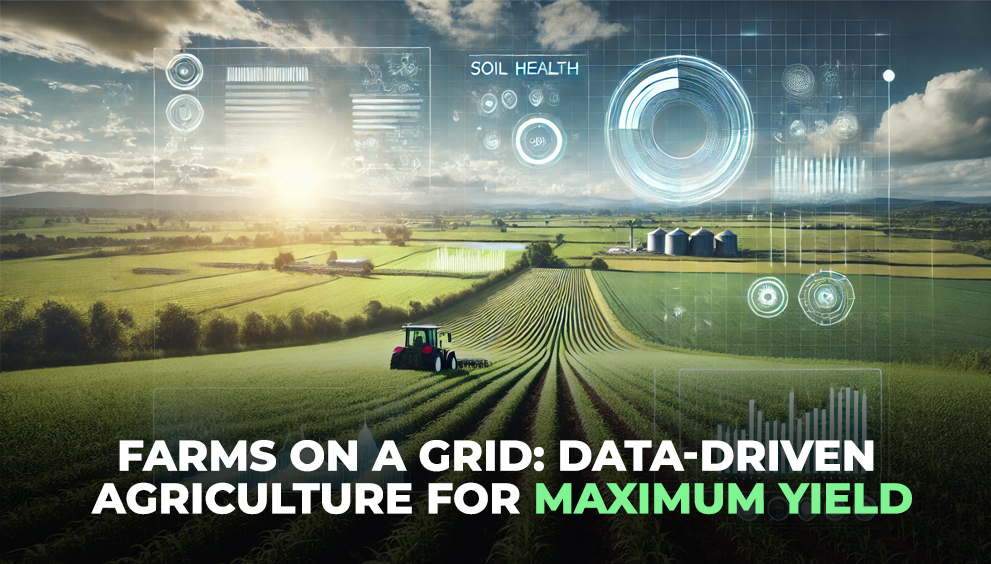
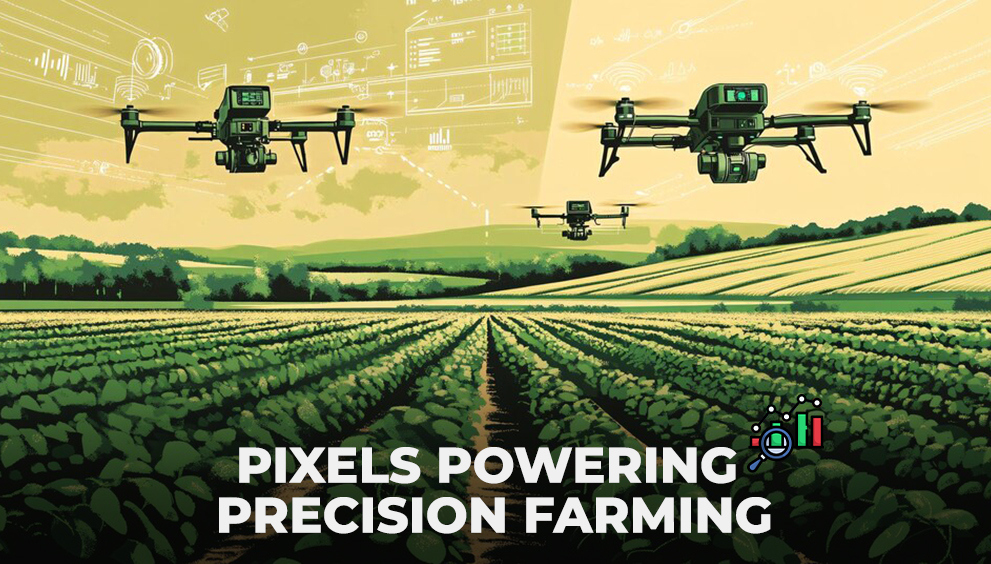
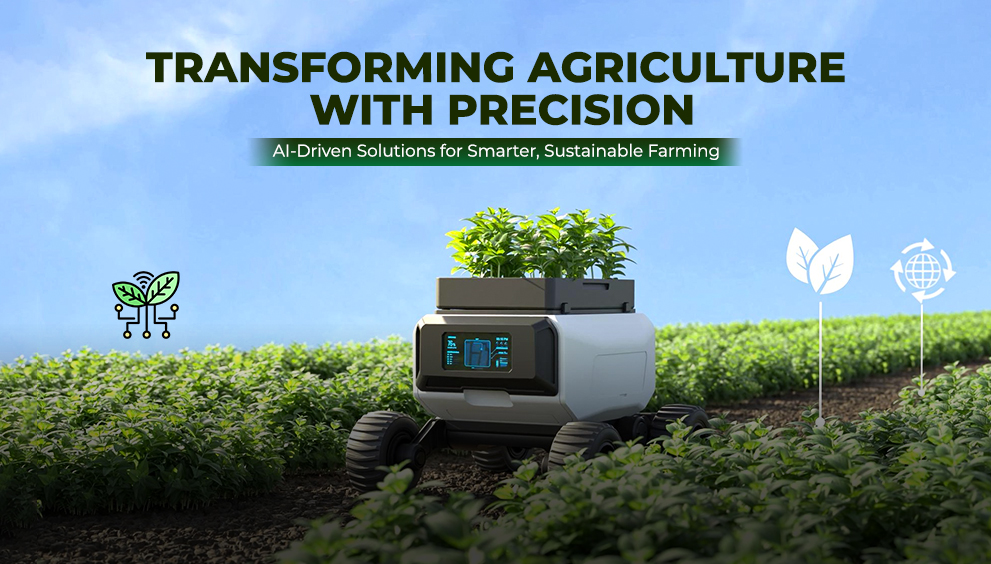
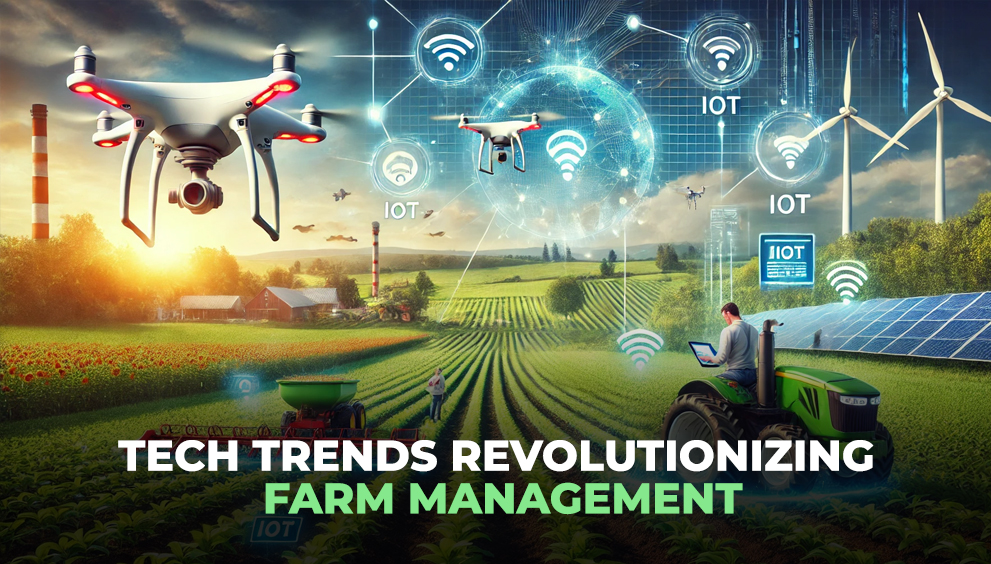

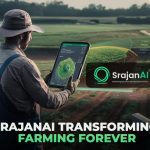
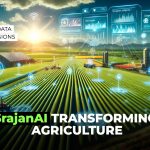
nnbet login
12th Aug 2025Rapaziada, o login no Nnbet é super tranquilo, sem complicação nenhuma! Entra rapidinho e já pode aproveitar tudo que o site oferece. Se liga nessa facilidade: nnbet login
h2betentrar
10th Nov 2025Just getting into h2betentrar isn’t it difficult! the user experience is good and can take one to the platform very quickly. Check it out! h2betentrar
jl1
01st Dec 2025Keno’s surprisingly mathematical! Thinking about probability & patterns is key. JL1’s secure platform (check out jl1 casino) emphasizes responsible gaming, which is smart. Account verification seems thorough too – good sign! 🤔
legend link
04th Dec 2025Really insightful article! Balancing fun with responsible gaming is key. Platforms like legend link ph login are making strides with secure options & local support – crucial for a positive experience. Great read!
topbet24
04th Dec 2025Topbet24, huh? Gave it a whirl. The bonuses were kinda tempting, gotta admit. Game selection’s decent, nothing crazy. Could be worth a punt if you’re looking for some bonus action. Just saying! topbet24
go99vina
04th Dec 2025Go99vina, never heard of it before today. Decided to give it a try. Registering was easy enough, and the bonus seemed okay. The game variety isn’t amazing, but there’s enough to keep you busy. Check it out – it’s go99vina.
9ph
04th Dec 2025Responsible gaming is key, folks! It’s easy to get carried away, especially with platforms like 9ph legit blending tradition & tech. Remember to set limits & play smart-it should be fun, not a financial strain!
8qsbet
04th Dec 2025Hey guys, just stumbled upon 8qsbet the other day. Seems like a decent spot. Anyone else tried them out? Keen to hear your thoughts!
AI Tools
04th Dec 2025I’ve always looked for tools that simplify decision-making, and tyy.AI does just that with its well-organized AI tool directory. A great resource for anyone exploring AI Advertising Assistant solutions or beyond.
phlarovip
06th Dec 2025Solid analysis! Seeing more localized platforms like this – with peso options & Filipino support – is huge for the PH market. Easy access is key, and checking out the phlaro vip app download apk seems streamlined for quick bets. Good stuff!
mumuplayer
13th Dec 2025Solid analysis! Seeing more platforms like mumu player vip enter the Philippine market is interesting – the tech behind real-time odds & player data could really shift strategies. Good read!
jili host
14th Dec 2025Scratch cards always feel like a quick bit of fun, don’t they? Seeing how platforms like jili host slot are making things even faster with instant transactions is cool-especially with GCash! Seems super accessible for players in the Philippines. 👍
jiliphhot
12th Jan 2026That’s a fascinating take on longshot strategies! Seeing platforms like jiliph hot link cater to localized payments (GCash, PayMaya) is smart for the Philippine market. Makes access so much easier – a key factor for consistent betting, right? 🤔
ph22 login
19th Jan 2026Interesting read! Seeing more platforms like PH22 catering specifically to Filipino players is great. Secure access & variety seem key – checking out ph22 login legit to see what games they offer! Hope they prioritize responsible gaming too.
tg77
31st Jan 2026Excellent insights on AI-driven precision agriculture! The data science parallels to real-time analytics in entertainment platforms are striking. Just as AI optimizes crop yields through pattern recognition, modern gaming platforms like tg77 app casino leverage similar predictive algorithms to enhance user experience. The future belongs to those who master these intelligent systems!